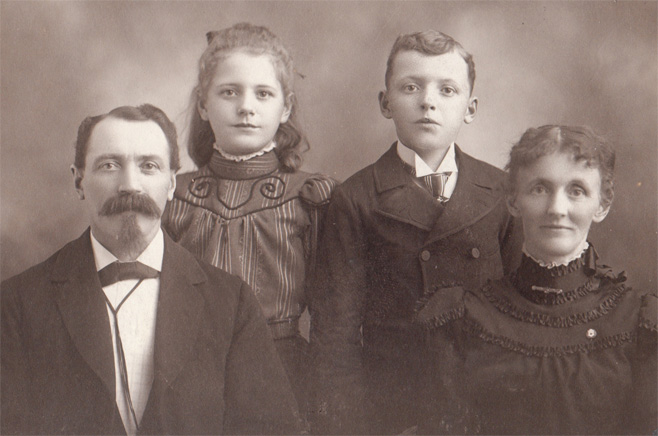
A battle is raging in the Western world between Individualism and the traditional family unit.
The men have been the individuals in the past and the women have been the ones that have compromised their individuality to be the bearer and care giver to the children.
Since WW2, when women went out into the workforce in large numbers to supply munitions and other fabrications to the War effort, the tide has turned on the traditional family. Women didn’t want to return to the home when the war was over, they wanted to have the freedom to work like the men did.
Men, on the other hand, didn’t want to change. Managers were happy to have a new stream of cheap labor in the post-war factories and husbands were happy to share the financial burden with their wives. But male behavior didn’t change. They still did little or no housework, they still went out with their pals and they still had very little to do with the daily needs of the children, apart from perhaps an hour of an evening playing with them if they were really lucky.
For women to claim their place in the workforce they have mainly had to double their workload. Any man who has lived a bachelor for a while knows how much time a house takes to look after and when you add children into the mix that amount of work goes through the roof. So women still looked after the house and the children (a full time, 24 hour job in itself) and then managed to squeeze in another job; either part-time or full time. To help this transition, grandmothers often stepped in to look after the children while the mother went to work, so two generations of women worked together to help post-war working women keep their heel firmly in the door of the modern workforce.
Even today, in our era of equal rights, it is still not equal responsibilities. Women do three quarters of the world’s work for a quarter of the pay.
In Africa, I saw that family came first, but was this because there weren’t the opportunities to work, or because people were too poor to even dream of needing more things or more buying power? Even in the cities that gleamed like any modern metropolis, there was still a greater sense of family and it was the women who had remained at home to be at the core of daily family life.
Is there anything wrong with both parents going out to work? Perhaps not. Is there any less love in a Western family? Again, perhaps not. But is there less time when a family is together as a family? Yes, very much so, and this is bound to have some effect. Perhaps it will move the next generation even more towards choosing self-interest over and above the needs of the family. If so, this may lead to an even more fragmentary family unit over here in the West.


Comments are closed.